Vida Sana
A partir de ahora, AARP realizará aquí una teleasamblea semanal en vivo sobre el coronavirus los jueves a la 1 p.m., hora del este. Marca esta página y únete a nosotros todas las semanas para informarte de las últimas novedades sobre el coronavirus llamando gratis al 855-274-9507.
Coronavirus: el manejo de tu carrera, negocio e ingresos


Membresía de AARP: $12 por tu primer año cuando te inscribes en la renovación automática.
Obtén acceso inmediato a productos exclusivos para socios y cientos de descuentos, una segunda membresía gratis y una suscripción a AARP The Magazine.
Únete a AARP
Los expertos responderán tus preguntas y abordarán la manera en que las medidas que ha tomado el Gobierno federal están afectando las billeteras de los adultos mayores, incluidos los pagos de estímulo económico, los beneficios por desempleo y los recursos para negocios pequeños. Averigua cómo navegar el mercado laboral actual o cómo prepararte para el próximo paso en tu carrera durante estos tiempos económicos inciertos. Descubre cómo aprovechar los recursos disponibles a través de la ley CARES y administrar tus finanzas personales e ingresos durante la pandemia.
Escucha una repetición en el video a continuación (en inglés).
Conoce a los expertos
- Steve Benjamin, alcalde de Columbia, Carolina del Sur
- Andrea Grant, vicepresidenta sénior de desarrollo empresarial, Lee Hecht Harrison
- Jean Chatzky, directora ejecutiva, HerMoney.com
Coronavirus: protege tu salud y cuenta bancaria
Los expertos respondieron a tus preguntas y abordaron las medidas que ha tomado el Gobierno federal con relación a la salud física y económica de los adultos mayores del país, y cómo podemos continuar protegiendo a nuestros seres queridos y a nosotros mismos del virus a medida que vivimos nuestras vidas. Lo que debes saber sobre el acceso a los servicios de emergencia durante el brote, y cómo detectar y evitar estafas que se aprovechan de la pandemia.
Escucha una repetición en el video a continuación (en inglés).
Conoce a los expertos
- Karen Bass, representante del 37.º distrito de California, Congreso de EE.UU.
- Gerri Walsh, vicepresidenta sénior de educación a inversionistas de la Autoridad Reguladora de la Industria Financiera (FINRA)
- Dra. Leigh Vinocur, portavoz nacional, American College of Emergency Physicians
Para más información visita AARP.org/elcoronavirus












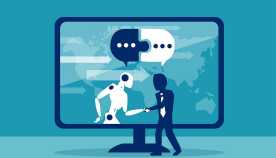



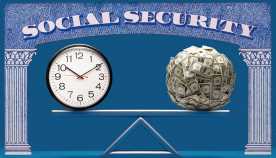



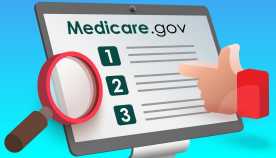
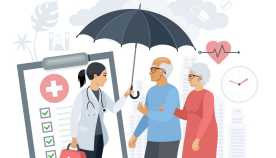










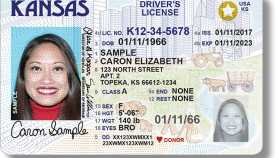










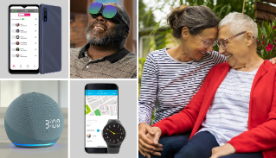










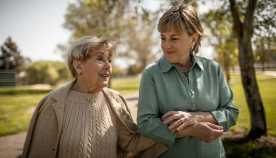
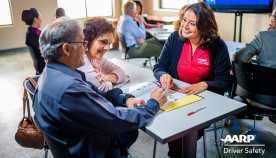











También te puede interesar